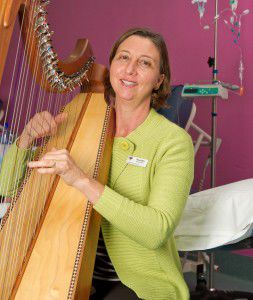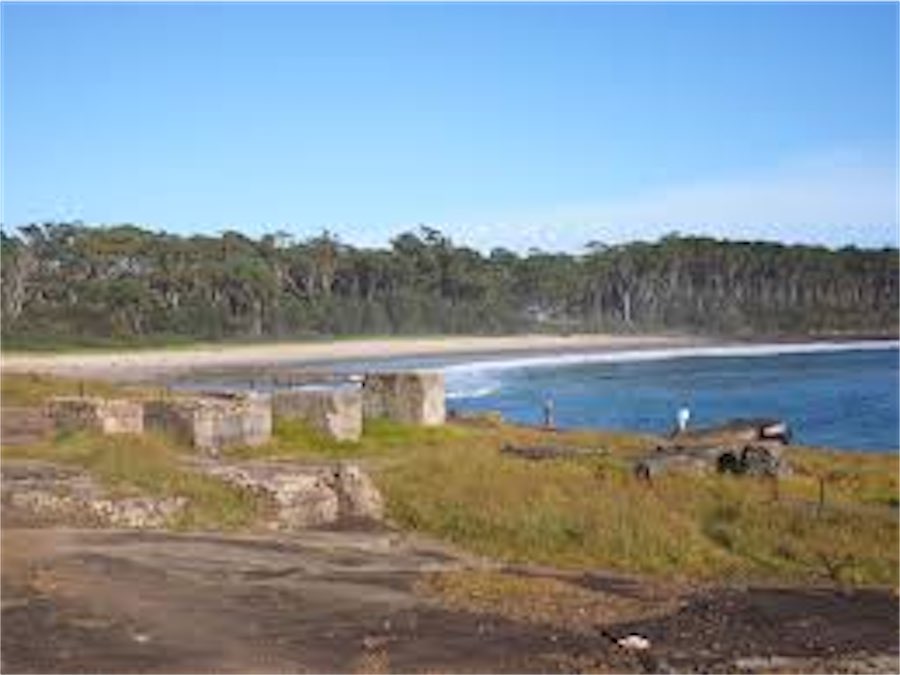JUST the sight of Alison Ware’s minstrel harp being wheeled around the corridors of the Canberra Hospital seems to make people smile.

“It’s such an unexpected thing to see, I think, and people are fascinated.”
Alison plays therapeutic harp music at hospital bedsides, generally with improvised songs specifically tailored to each patient.
“It offers support, comfort and rest – it’s not a performance, it’s a service and nothing is expected of the patient,” she says.
“I watch them closely and try to sense what they need at that moment. There’s no set repertoire. If they’re anxious, I can match the music to their breathing and then try to bring it down. And I always end the session in an uplifting tone.
“I know within three minutes, if I’ve got it right, they’ll look up, take a deep breath in, and visibly relax their shoulders. Often their eyes start dropping and they’ll fall asleep, which is wonderful. That’s when you heal.”
Alison has worked as a registered nurse, in occupational therapy and in pastoral care, so she says she’s comfortable in hospitals.
“I’ve had lots of positions in healthcare and I’ve always felt a bit restless, but I love the environment,” she says. “When I heard about the harp being used in hospitals overseas, I loved the idea and knew it was what I wanted to do.”
Despite not having a musical background, Alison took private harp lessons and studied online with the International Healing Musicians program, the Clinical Musicians program and the International Harp Therapy program. This training isn’t currently available in Australia.
After four years as a volunteer at the hospital, she has been a full-time employee since November, thanks to funding from Dry July and the Canberra Hospital Foundation. As far as she knows, Alison is now the only full-time therapeutic harpist in Australia.
“I know of another harpist who has just started one day a week in Melbourne, but I hope the idea of the therapy will grow,” she says. “It’s a wonderful complementary healing modality in hospital support.”
Alison, who’s also working on a graduate diploma in pastoral counselling, says she considers it a privilege to go into people’s lives and be able to help in such a unique way.
“The hospital can be a busy place and the harp helps create a moment of peace,” she says.
“It’s a different way of looking at music. It can be uplifting, light and bright, or in the minor key it can allow people to relax and let go. It can also stimulate the memory.
“I’ve played for a patient this morning who was a little confused. While she slept I played a song she recognised and she woke up. We had a lucid conversation about it which was amazing.
“Music can be so powerful.”
Who can be trusted?
In a world of spin and confusion, there’s never been a more important time to support independent journalism in Canberra.
If you trust our work online and want to enforce the power of independent voices, I invite you to make a small contribution.
Every dollar of support is invested back into our journalism to help keep citynews.com.au strong and free.
Thank you,
Ian Meikle, editor




Leave a Reply